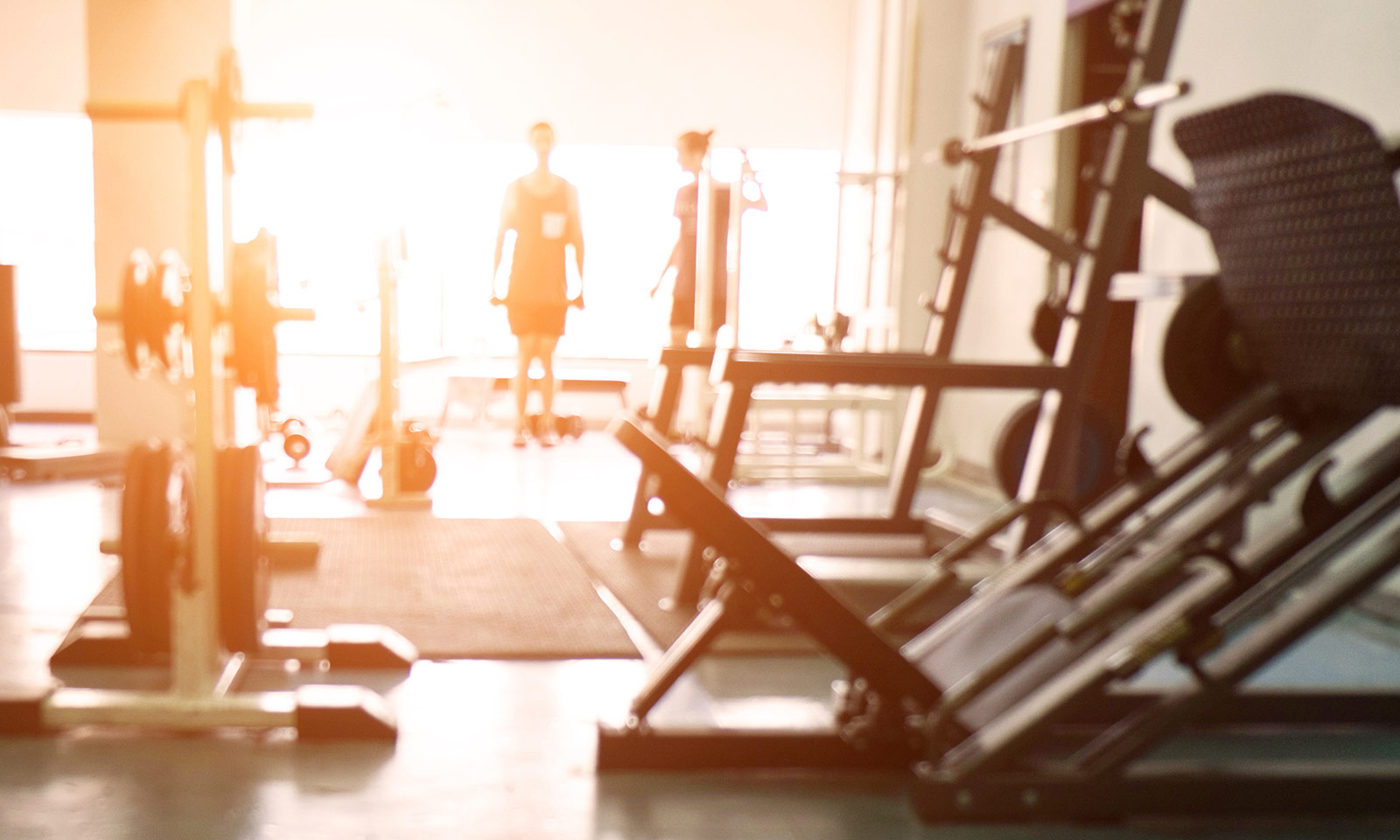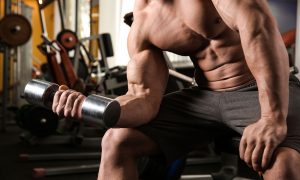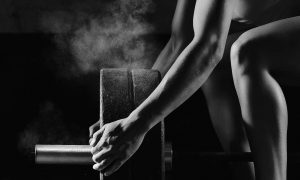Four Of The Most Common Mistakes That Beginners Make In The Gym

|
|
For many, the gym isn’t just a pastime or hobby, it is therapy and a way of life, as they literally cannot imagine what life would be like without their training. Going to the gym can provide all kinds of benefits and advantages, and not only physical ones either. The psychological benefits are just as important as the physical ones, so it’s no wonder why gyms up and down the country, and indeed the globe, are so packed out. The thing to remember when training in the gym, is that everybody has to start somewhere, and although it can be a little intimidating at first, after a while you will discover that you really had nothing to worry about. The first time you set foot in a gym you will be intimidated, you will be nervous, and there’s a good chance that you will have no ideas what you’re doing. That’s perfectly fine however, as you can simply treat it like any other learning curve and learn from your mistakes. Some mistakes however, can be costly, and should be avoided at all costs, which is where we come into the mix. Here we’ll be providing you with a few of the most common mistakes that beginners make in the gym, and will be looking at what you can do to avoid making them yourself.
Not making use of collars

If you’re training with weights – which most people are doing nowadays, to really get the most out of your training, you should include plenty of compound lifts. Most free weight exercises are compound exercises, although in actual fact, free weight exercises, whether compound or not, are hugely beneficial. The problem that gym newbies tend to make however, is failing to make use of collars on bars. Training with free weights, even relatively light ones, is very dangerous, which is why we have collars designed to be placed on either side of the bar, to keep the weights in place and to prevent them falling off. Some beginners forget to place collars on the bars before they begin, whereas others simply cannot be bothered and think that, as long as they’re careful, that they’ll be fine. No matter how careful you are, you always favour your stronger side whilst lifting, which causes a slight imbalance on the bar. With collars on, this is not noticeable. Without collars however, the plates will slide to one side and will come off, then the other side, and if you’re lucky, all that will be hurt will be your ego.
Giving up
As you probably know, during the New Year, gyms all over the globe see huge influxes of new members joining up, as people look to drop holiday weight, get fitter, get leaner, and get healthier. For the first few weeks, many beginners will stick to their training routines religiously, and will see noticeable results to begin with. However, as time goes by, losing fat, building muscle, and increasing your strength will become more and more difficult. This can be disheartening for a lot of gym newbies and once they stop seeing the results they were hoping for, they often throw in the towel as they wrongly believe that their training is not working for them. Losing fat, getting fitter, building muscle, and anything else for that matter, is not achieved in a matter of days, or even weeks. In fact it can take months until you and others begin seeing noticeable results, so stick with it, don’t be a quitter, and realize that nothing worth having comes easily.
Obsessing over your weight

During the festive period and New Year, people’s bathroom weighing scales will have caused a great deal of misery for people all over the globe. Once you step on the scales after weeks of overindulgence, you see just how heavy you’ve become, and you feel disgusted in yourself. At first this serves as a great motivational tool but after a while it can have a very negative effect on you. If you’re looking to lose weight, after your first week of training and clean eating, you will almost certainly record a very impressive loss. The following week, if you stay on plan, again, things will be looking good. After that however, your fat loss may plateau and you may see the scales hardly moving at all. Even worse, you may see that you’ve gained weight. Bathroom scales however, are no measure of fitness, and you should certainly not rely on them to monitor your progress. Bathroom scales will not distinguish the difference between fat and water, just as they will not tell the difference between fat and muscle. When you weigh yourself after weeks of lifting, and see that you’ve gained weight, your stomach will sink and you’ll feel down. However, the reason you’re heavier will be because you’ve built muscle and lost fat, which is a good thing. The scales do not tell you that however, which means that psychologically, your head will be all over the place, which is the last thing you want. Remember, your weight is not the same thing as your body fat percentages, so toss those bathroom scales aside.
Following an advanced routine
Thanks to the internet, we can now find out pretty much anything we want, including training routines. The potential problem here however, is that people often follow the wrong ones. If you’re new to the gym and new to training, you need to follow a training routine which is geared towards beginners. A lot of beginners however, will try to follow more advanced routines which not only prove to be ineffective as they are too difficult, but they actually put their health at risk as well. When training, learn the basics, learn which exercises work which muscle groups, learn how to do them correctly, and follow training routines based upon your experience and your ability.














